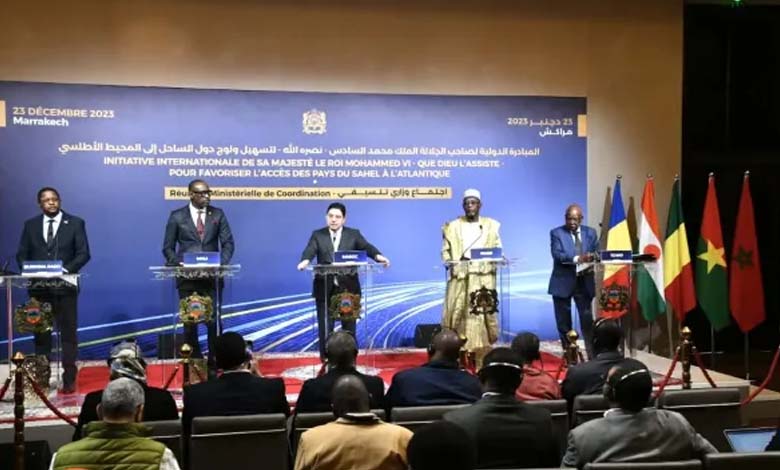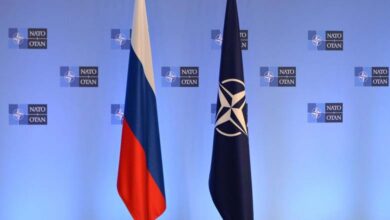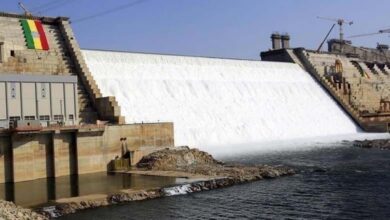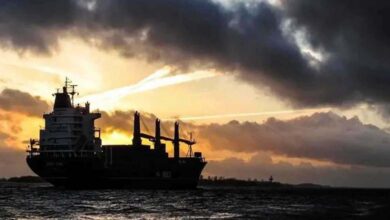Algeria creates its isolation by punishing African countries joining the Atlantic initiative
Algeria abruptly closes the loan door to West African countries that announced their participation in the Moroccan International Initiative to enhance their access to the Atlantic

Algeria, without prior notice, closed the loan accounts to a number of African countries that declared their participation in the international initiative launched by Moroccan King Mohammed VI, aiming to enhance the access of Sahel countries to the Atlantic. The Algerian decision involves an attempt to disrupt the Moroccan plan, which has received widespread praise in the region for providing promising opportunities to boost trade and accelerate regional communication, positively impacting development.
The latest issue of the Algerian official newspaper announced the “closure of loan accounts granted to the governments of Mali, Niger, Burkina Faso, Guinea, Guinea-Bissau, and Benin, which joined the initiative launched by King Mohammed VI, allowing Sahel countries access to the Atlantic,” according to the Moroccan site “Zankat 20.”
The unexpected Algerian decision also included Mauritania, terminating the agreement signed between Algeria and Nouakchott in 1965, even though Mauritanian authorities did not officially announce their participation in the international initiative launched by King Mohammed VI.
This Algerian move comes at a time when Algeria is approaching losing its mediation in the crisis in Mali after its failure to end the ongoing war in North Africa, and its meetings with Tuareg separatists last month without involving Malian authorities led to a diplomatic crisis with Bamako, which strongly protested what it considered “interference in its affairs.”
Foreign ministers of Mali, Niger, Burkina Faso, and Chad participated in the historic meeting on December 23 in the city of Marrakech, which culminated in the official announcement of the launch of the royal initiative to promote the access of Sahel countries to the Atlantic.
Ministers in the final statement emphasized the “strategic importance of this initiative, which provides significant opportunities for the economic transformation of the entire region, contributing to the acceleration of regional communication, trade flows, and shared prosperity in the Sahel region.”
The ministers agreed to establish a national working team in each country to propose ways to activate the royal initiative, which aims to benefit Sahel countries by accessing the Atlantic.
Habib Bouri, a Nigerian political researcher, stated to the Moroccan “Hespress” website that the royal initiative is of “very strong economic importance” for Sahel countries, noting that it “provides landlocked countries with a historic opportunity to access the Atlantic, open up to global markets, and enhance the volume of exports.”
During the Marrakech meeting, Moroccan Foreign Minister Nasser Bourita emphasized that “the challenges facing Sahel countries concern his country due to proximity,” recalling “Morocco’s previous decisions regarding Sahel countries, such as debt cancellation and customs duties reduction.”
King Mohammed VI, in his speech on the occasion of the 48th anniversary of the Green March, stressed that “the problems and difficulties facing Sahel countries will not be solved only through security and military dimensions, but by adopting an approach based on cooperation and joint development.”
He emphasized that “the success of this initiative remains contingent on the rehabilitation of the infrastructure of Sahel countries and working to connect them to transportation and communication networks in their regional surroundings”.












